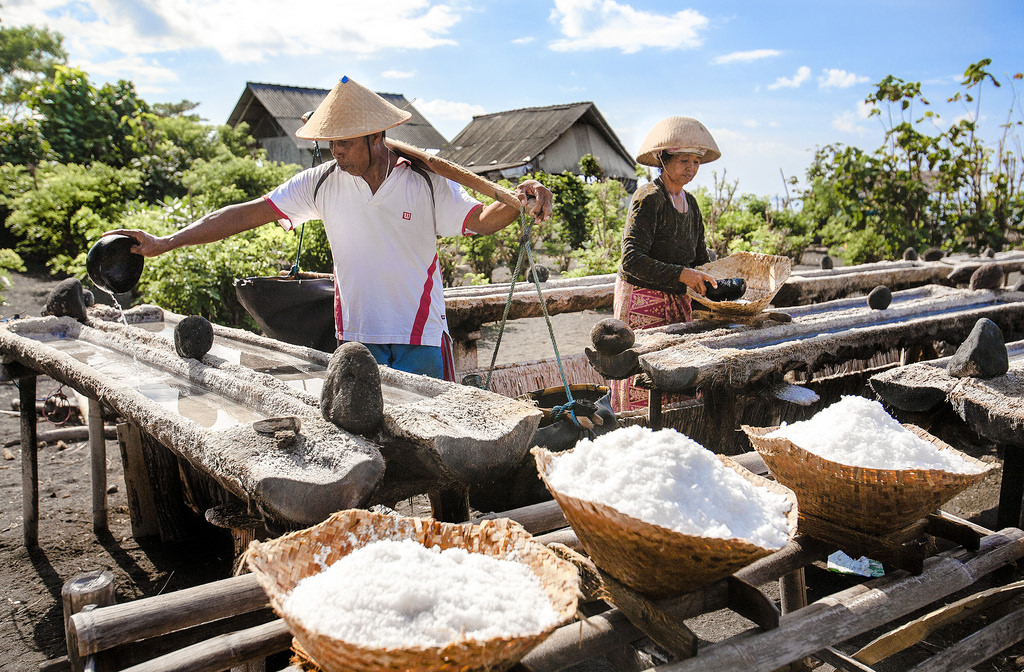PART TWO: The Future of South-South Cooperation
In Part One of this article, we looked at successful South-South Cooperation spurred by China and Brazil but many more countries provide notable examples of SSC, suggesting that the list of successful interventions that could be up-scaled and replicated is endless. Among them, we have countries like Vietnam and Indonesia that have been sharing, like China, new integrated rice-fish farming approaches. For example, Vietnamese aid workers have helped Namibia, Chad and Mali to make great strides towards food security through aquaculture, water control, rice production and diversification of food production.
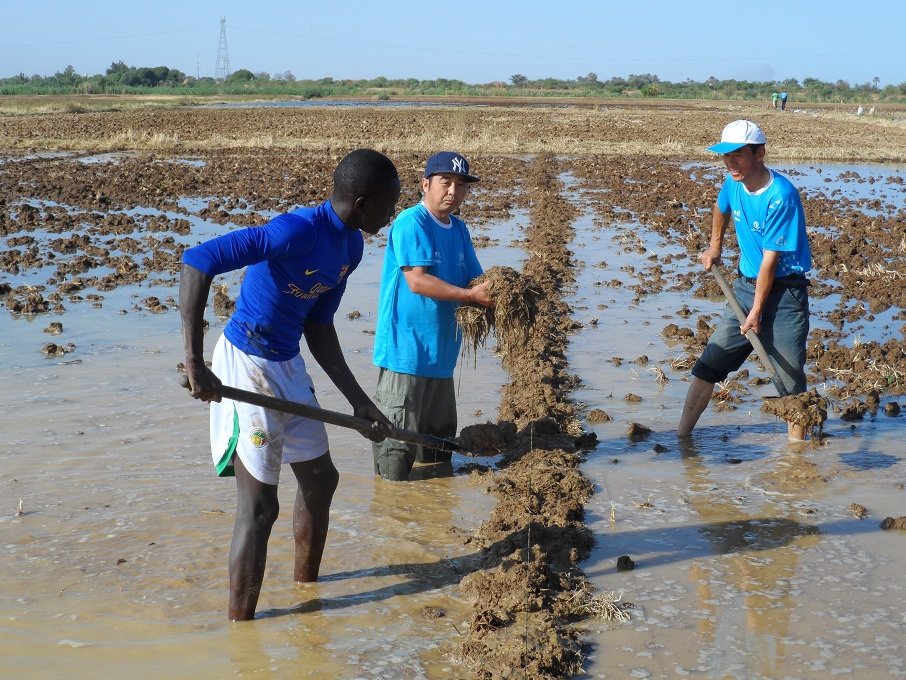
Mexico, now a long standing member of the elite OECD club, has also regularly shared its approach to rural poverty alleviation with countries in Meso-America; for example, it has taught lobster fishers in Nicaragua how to use small cages to improve diver’s safety.
Cuba has been sharing its expertise in hurricane and extreme weather preparedness with countries in the region; its specialists played a crucial role when Cape Verde farmers introduced micro irrigation, seeds and improved planting material to meet the demand and standards of the growing tourist industry.
Similarly, Morocco is sharing its expertise from renowned academic institutes such as Hassan II Institute and professional organizations through an innovative domestic private-public partnership to support African countries.
In 2012, something new happened, another paradigm step was taken in South-South Cooperation (SSC). FAO, in the context of its Regional Conference for Africa, launched the idea of a Solidarity Trust Fund endowed by Africa’s richer nations to provide help “from Africa to Africa” to support the continent’s more vulnerable countries. This was the first time that the SSC model was brought to Africa
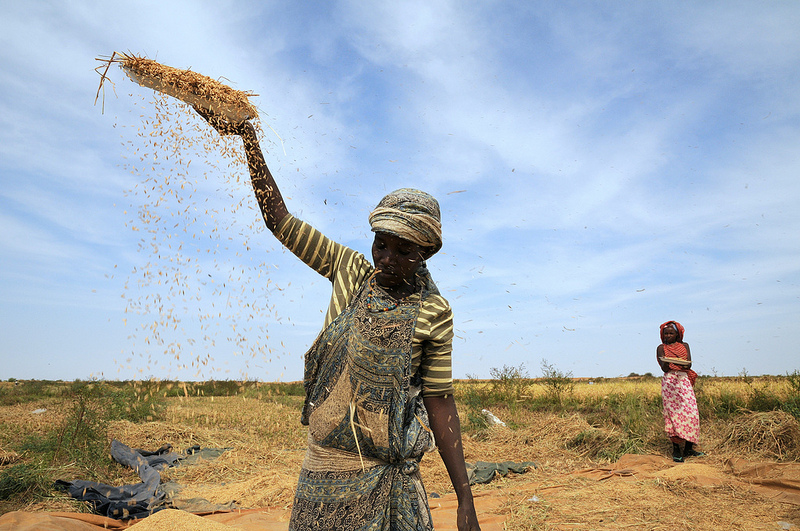
The fund immediately received more than 40 million dollars of contribution from Equatorial Guinea and Angola and – this is a historic first – it also received a symbolic contribution from African civil society organizations. The new fund already assists more than 33 countries across Africa, from supporting rural youth entrepreneurship and promoting aquaculture to helping Ebola stricken farming communities to recover. Soon, with support from the fund, a facility will be established in FAO to boost intra-African cooperation to share the wealth of good practices in agricultural production.
Why SSC? Benefits of SSC and triangular cooperation
Not only is SSC an effective means for supporting development, it is also very good value for money.
The cost of expertise is much lower than the cost associated with more traditional modes of cooperation. SSC spirit promotes values of generosity, solidarity and partnership amongst equals. Of course like in any mode of cooperation, there have been difficulties, mistakes and failures such as the failure of some host governments to meet their obligations, insufficient preparation of technical teams, inadequate project preparation, or insufficient gender balance in the teams.
These difficulties, however, are inherent to any type development cooperation and can be overcome by continuously applying lessons learned.
Up-scaling SSC can be difficult when middle-income countries sometimes lack the capacity to cover costs beyond in-country training scholarships and in-kind offers of expertise for expenses such as travel, insurance or installation costs of the experts or visiting technicians. If the host country is not in a position to cover these costs, teaming up with another partner from “the North” or a multilateral financing institution under what is defined as “triangular cooperation” can help fill the gap and overcome the constraint.
Triangular cooperation is often more than just providing the needed resources to transform the SSC intentions into a partnership.
For example countries like Japan or South Korea found value in investing in triangular cooperation to support developing countries through their commitment to regional alliances such as the ASEAN community of nations. They have funded experts from less wealthy ASEAN countries to support programmers in, for example, strengthening statistics or boosting rice production in Africa. Discussions are taking place with some European governments to fund academic institutions to join the new 50 million dollar SSC partnership allocation which was announced by China’s Premier Li Keqiang at FAO in October 2014. Efforts are underway to encourage the European Commission to fund SSC in Africa, in the Caribbean and in Pacific countries that could benefit from the European Development Funds.
A glimpse into the future
More than 84 percent of the world’s youth live in the developing world. In Africa, 65 percent of the population is below the age of 35. This can be a major opportunity for the future of nations but also represents a potential threat if the current levels of youth unemployment, which in African countries can be as high as 80 percent – more than 75 million African youths are currently unemployed – are not resolved. Some pessimistic analysts would refer to this as a “ticking time bomb”, under the assumption that unemployed youth are more vulnerable to criminal and antisocial activities. But SSC has shown it can bring very concrete solutions to youth empowerment through employment, building on successful transformations by the most advanced countries from the South.
The goal is to eradicate poverty and hunger.
In September 2015, the United Nations, on the occasion of the annual General Assembly, will host a summit to adopt an ambitious development agenda including Sustainable Development Goals (called SDGs in the development community jargon…) for 2030. Earlier in July, Heads of States and Government will gather in Addis Ababa, Ethiopia, to address the challenges of financing for sustainable development in the spirit of global partnership and solidarity.
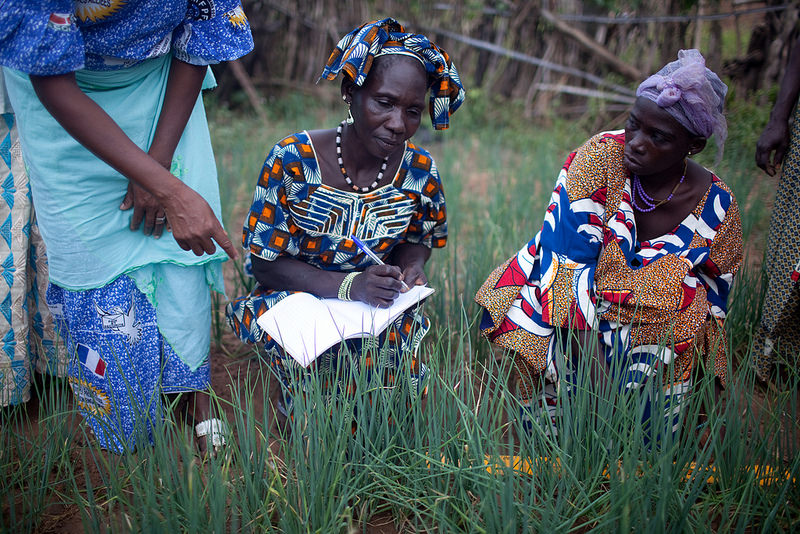
The goal is to eradicate poverty and hunger, to achieve equitable and sustained economic growth, and sustainable development, to protect the environment, and to promote peaceful and inclusive societies where no one is left behind. A broad partnership will be required to achieve these goals which reaffirm the vision of the founders of the United Nations. The commitment from developed countries through what is called “Official Development Assistance” will continue to be essential but will, increasingly, require to rely on a broader alliance that reflects the positive changes in the economic situation of many countries of the South.
By thinking “out of the box”, humbly acknowledging global geo-political changes and by strategically investing in triangular cooperation, those responsible for international cooperation in developing countries can help accelerate progress towards the 2030 Sustainable Development Goals. It also means better reaping the growth in the South to contribute to a virtuous cycle of development that benefits all participating nations.
As decision makers or global citizens, we should seize this opportunity to support SSC and triangular cooperation with enthusiasm and passion.
We owe it to future generations.
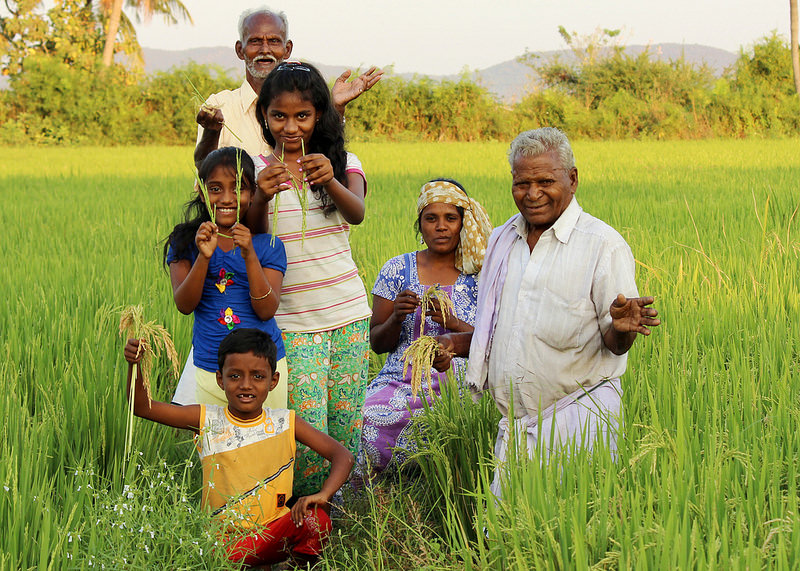
Editor’s Note: The opinions expressed here by the authors are their own, not those of Impakter.com.


